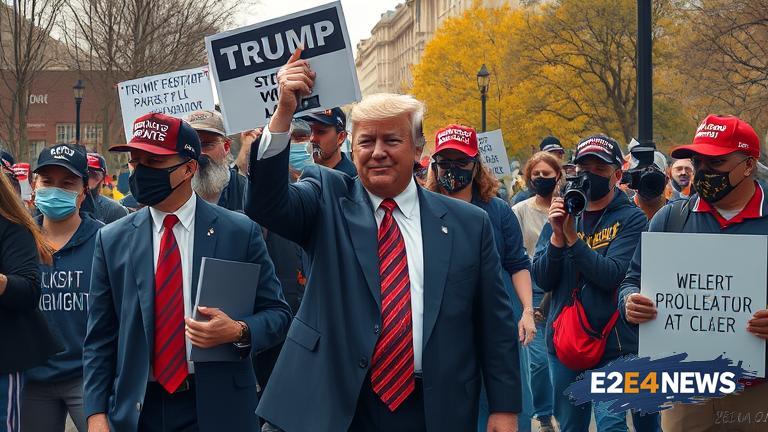The trial, which took place in a federal court, centered around the Trump administration’s crackdown on pro-Palestinian campus protesters. The lawsuit, filed by the Palestine Legal organization, alleged that the administration had unfairly targeted and intimidated students who were exercising their right to free speech. The plaintiffs claimed that the administration’s actions had created a chilling effect on campus, deterring students from participating in pro-Palestinian activism. The trial featured testimony from several students who had been involved in pro-Palestinian protests, as well as from university administrators and government officials. The students testified about the fear and intimidation they had experienced as a result of the administration’s actions, including being monitored by law enforcement and receiving threatening messages. The university administrators testified about the challenges they had faced in balancing the need to protect free speech with the need to maintain order on campus. The government officials testified about the administration’s policies and procedures for handling campus protests. The trial also featured evidence of the administration’s close ties to pro-Israeli groups, which had lobbied the administration to take action against pro-Palestinian protesters. The plaintiffs argued that the administration’s actions had been motivated by a desire to suppress pro-Palestinian speech and activism, rather than a genuine concern for safety or order. The defense argued that the administration’s actions had been necessary to prevent violence and disruption on campus. The judge in the case has yet to issue a ruling, but the trial has already sparked widespread debate and discussion about the limits of free speech on campus. The case has also highlighted the ongoing tensions between pro-Palestinian and pro-Israeli groups on campus, and the challenges that universities face in navigating these complex and sensitive issues. The trial has been closely watched by civil liberties groups and advocates for free speech, who argue that the administration’s actions have set a dangerous precedent for the suppression of dissent and activism on campus. The case has also been seen as a test of the Trump administration’s commitment to protecting the rights of all students, regardless of their political views or affiliations. As the judge deliberates, many are waiting with bated breath to see how the ruling will impact the future of free speech on campus. The trial has already had a significant impact on the national conversation about campus protests and free speech, and is likely to continue to be a major topic of discussion in the coming weeks and months. The case has also raised important questions about the role of government in regulating speech and activism on campus, and the balance between protecting safety and order and preserving the rights of students to express themselves. Ultimately, the outcome of the trial will have significant implications for the future of campus protests and free speech, and will be closely watched by students, administrators, and advocates across the country.
